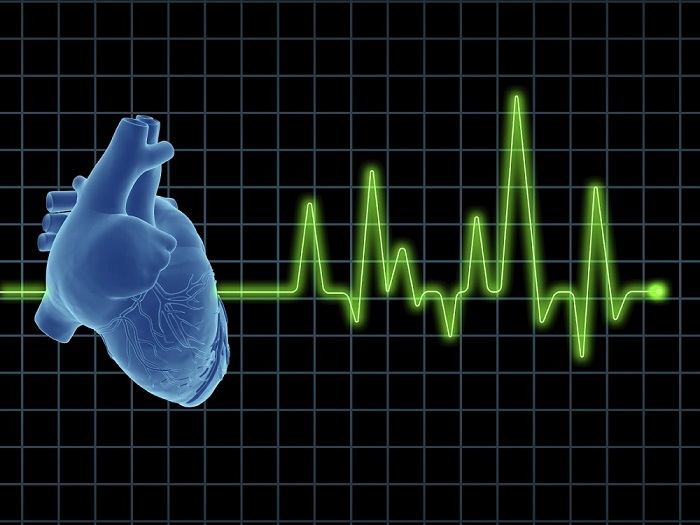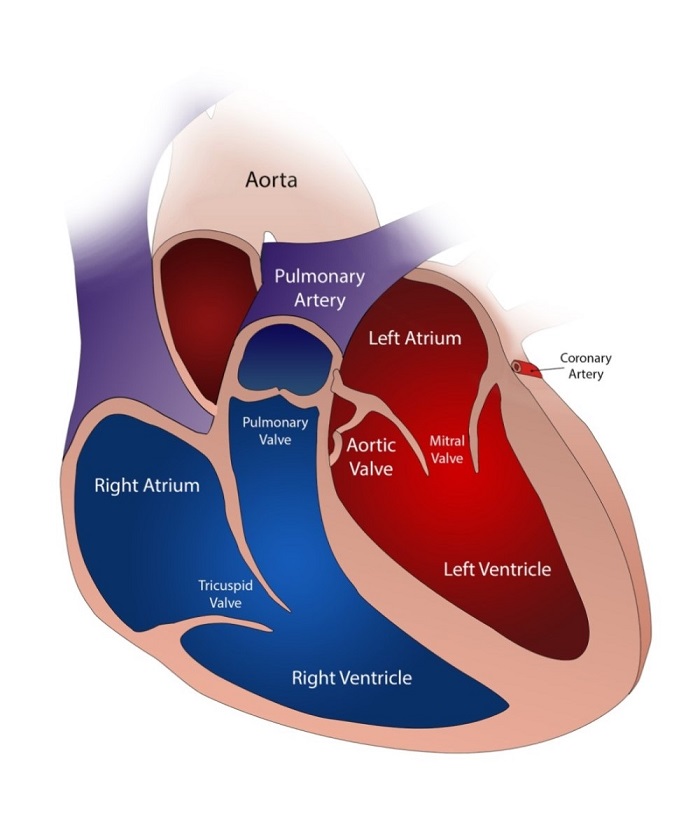Atrial Fibrillation (AF) and You
- 0About this program
- 1What is AF?
- 2AF and You
- 3Causes of AF
- 4Symptoms of AF
- 5AF-related stroke
- 6Anticoagulation Therapy
- 7Treatment Options for AF
- 8Healthy Living and AF
- 9Living with AF
- 10How we can support you
Content on HealthUnlocked does not replace the relationship between you and doctors or other healthcare professionals nor the advice you receive from them.
Never delay seeking advice or dialling emergency services because of something that you have read on HealthUnlocked.
What is AF?
What is AF?

Atrial fibrillation (AF) is an abnormality in the rhythm of the heart (an arrhythmia). It involves the upper chambers of the heart, the atria, beating irregularly. As the atria controls the normal (sinus) rhythm of the heart, this means that your pulse becomes irregular.

AF is the most common arrhythmia, affecting four out of every 100 people over the age of 65. AF occurs when chaotic electrical activity develops in the atria, and completely takes over from the sinus node. As a result, the atria no longer beat in an organized way, and pump less efficiently. The AV node (a specialized cluster of heart cells) will stop some of these very rapid impulses from travelling to the ventricles, but the ventricles will still beat irregularly and possibly rapidly. This may contribute to symptoms of palpitations, shortness of breath, chest discomfort, light headedness, fainting or fatigue.
The goal of treatment for AF is to restore the heart’s normal rhythm and if this is not possible, then to slow the irregular heart rate, to alleviate symptoms and prevent complications of AF.
Watch video: Dr Hugh Calkins - Atrial Fibrillation Information
Watch video: Dr Nicholas Tullo - Information on Atrial Fibrillation
Content on HealthUnlocked does not replace the relationship between you and doctors or other healthcare professionals nor the advice you receive from them.
Never delay seeking advice or dialling emergency services because of something that you have read on HealthUnlocked.